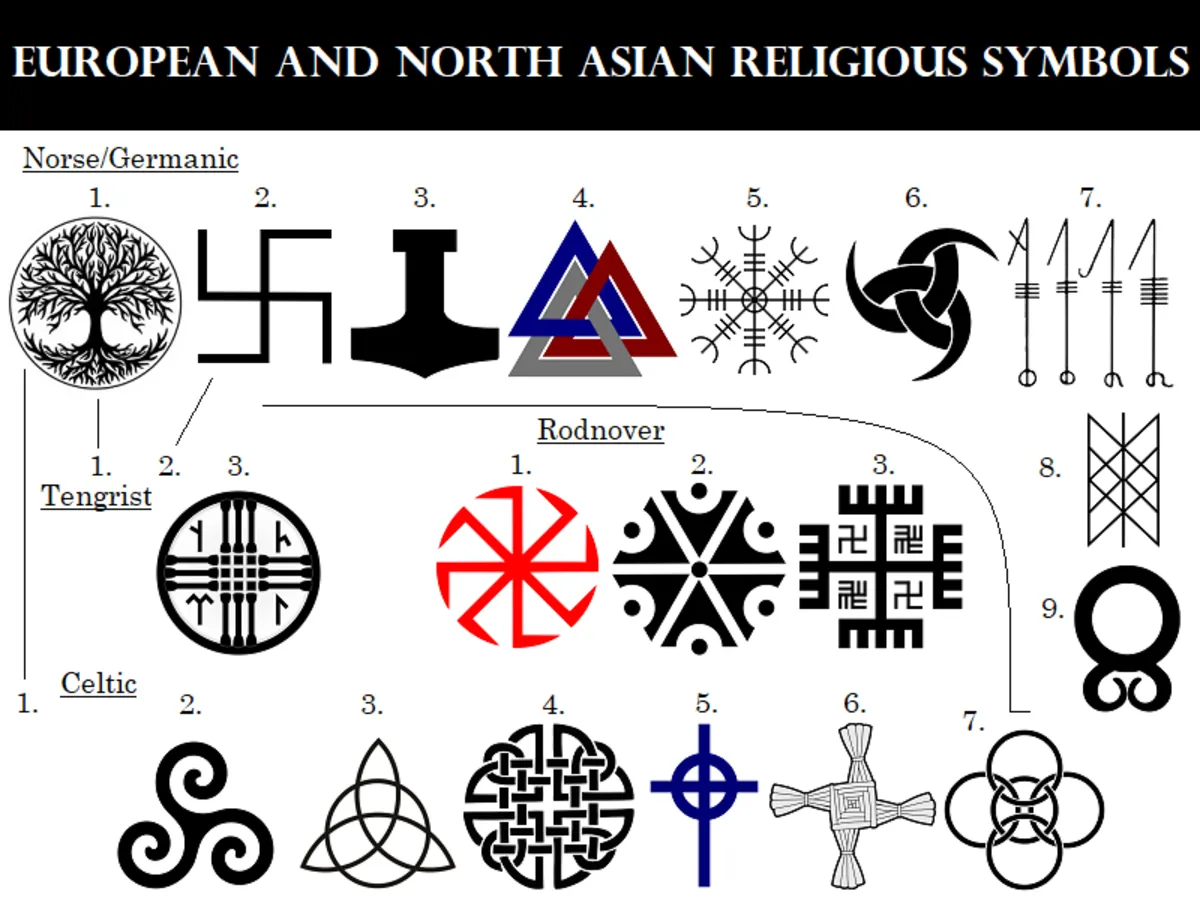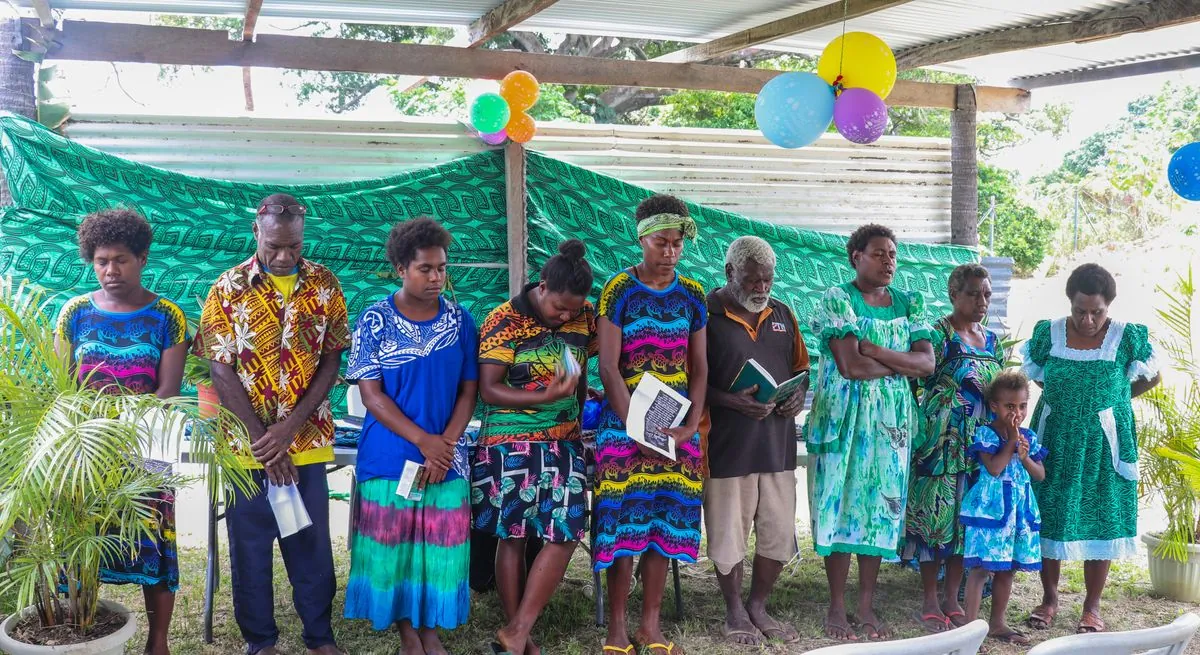U.S. Boosts Security Funding for Faith Groups Amid Rising Tensions
The Department of Homeland Security allocates $210 million to protect faith-based institutions and nonprofits from targeted attacks. This decision comes in response to increased hate incidents related to Middle East conflicts.

The U.S. Department of Homeland Security has announced an additional $210 million in funding to enhance security measures for faith-based institutions and nonprofit organizations. This decision comes in response to a surge in hate-related incidents, particularly in the context of ongoing conflicts in the Middle East.
Established in 2002 following the 9/11 attacks, the Department of Homeland Security has been at the forefront of national security efforts. This latest funding initiative reflects the growing concern over the safety of religious and community organizations in the United States. The First Amendment's protection of religious freedom underscores the importance of safeguarding diverse faith communities across the nation.
Recent months have witnessed a disturbing trend of violence targeting various religious groups. Incidents include attacks on Muslim individuals in Texas, Illinois, and Vermont, as well as threats against Jewish communities in New York and Michigan. These events highlight the urgent need for increased security measures.

The allocated funds will enable vulnerable organizations to bolster their defenses through improved personnel, technology, and resources. This move aligns with the objectives of the Nonprofit Security Grant Program, established in 2005 to protect high-risk nonprofit entities.
"The funding will let organizations equip themselves with personnel, technology and resources to improve security."
It's worth noting that this $210 million comes as a supplement to the $160 million announced in June 2024, demonstrating the government's ongoing commitment to addressing this critical issue. The total investment of $370 million reflects the scale of the challenge faced by religious and nonprofit organizations.
The rise in hate crimes has been a concerning trend since 2014, according to FBI statistics. In 2022, antisemitism in the U.S. reached an all-time high, as reported by the Anti-Defamation League. Similarly, Islamophobia has remained a significant issue since the 9/11 attacks. These statistics underscore the importance of proactive measures to protect vulnerable communities.
Faith-based organizations, which play a crucial role in providing social services, are among the 1.5 million nonprofit entities in the U.S. that could benefit from this funding. As cybersecurity becomes an increasing concern for these institutions, the additional resources may also help in strengthening digital defenses.
The U.S. Commission on International Religious Freedom, which monitors global religious freedom, has emphasized the importance of domestic efforts to protect diverse faith communities. Interfaith dialogue initiatives have gained traction as a means to promote understanding and reduce tensions between different religious groups.
Educational institutions have not been immune to these challenges, with many U.S. colleges and universities experiencing incidents of antisemitism and Islamophobia on campus. The Matthew Shepard and James Byrd Jr. Hate Crimes Prevention Act of 2009 expanded federal hate crime law, providing additional legal protections.
While religious hate crimes account for approximately 20% of all hate crimes reported to the FBI annually, the actual number may be higher due to underreporting. Community-based organizations play a vital role in reporting and preventing such incidents, making their protection a priority.
As social media platforms face criticism for their role in spreading hate speech and extremist ideologies, this funding may also support efforts to counter online threats. The Department of Justice's special task force dedicated to combating hate crimes could potentially collaborate with recipients of this funding to enhance overall security strategies.
This comprehensive approach to protecting faith-based institutions and nonprofits reflects a recognition of the complex and multifaceted nature of the challenges they face. By providing substantial financial support, the U.S. government aims to foster a safer environment for diverse religious and community organizations across the country.


































